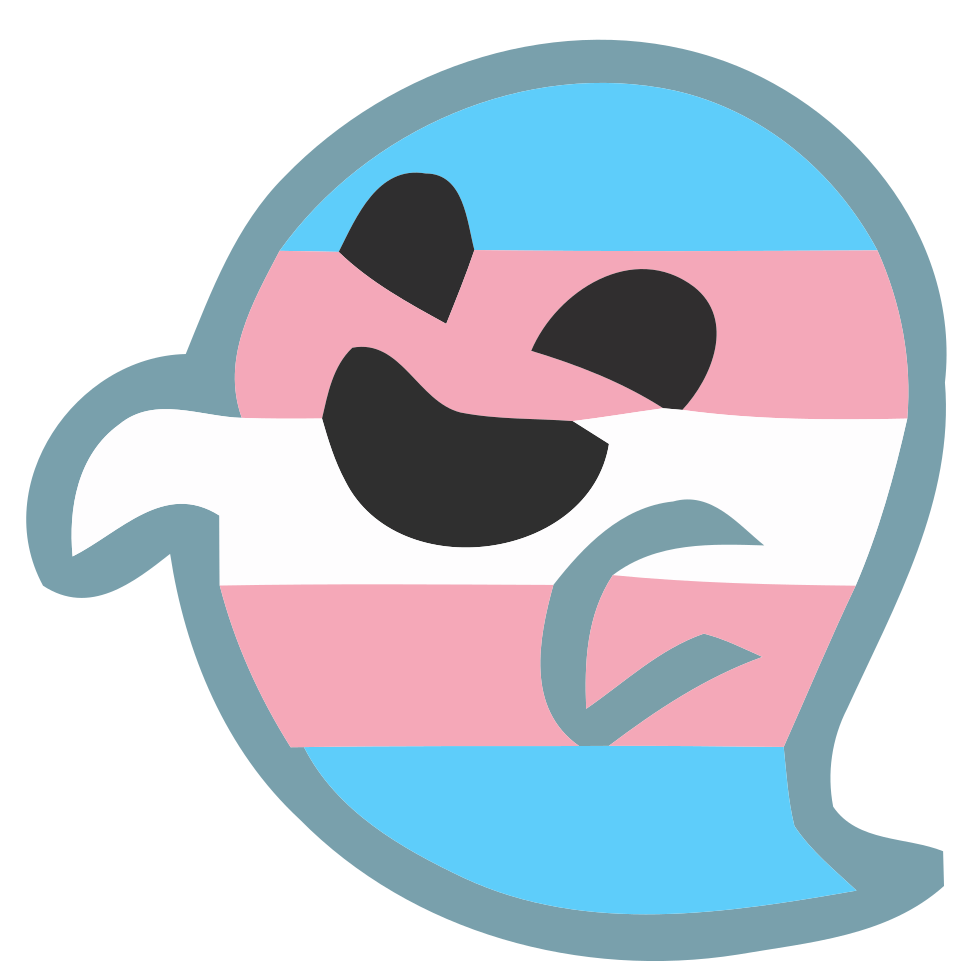Hello everyone! Hestia here with a new Megathread! Years ago, before I transitioned and when I was still in college I took an anthropology class. My favorite part of the class was when we were covering different gender customs across the globe and got to make a report on one of them. I can’t remember exactly which one I chose for that project, but what I do remember is a map with different pins scattered on it with various forms of gender-queerness. I decided to track it down and share it with you folks!
Edit: you have to open this in a browser, if you’re on a phone it will automatically try to open it in Google maps and won’t bring up the info.
This map provides a brief summary of these genders, but does not go in depth. If you find any you’re interested in, feel free to do some further research and share your findings here. I’ll pin a comment to this post you can attach them. I’m going to share a couple that I found interesting and decided to look further into myself, both of them are non-binary and native american in origin.
The first one I want to talk about is the Winkte, which is a third gender role that was particulatly notable in the Lakota tribe The Winkte are seen as half-men, half-women, and considered sacred. They are typically AMAB and historically have served unique roles in matters of romance and matchmaking and often served as intermediaries for prospecting couples and their families. They also participated in war parties, functioning primarily as witnesses to battle and as doctors to care for the injured. They were also seen as seers, able to forsee paths to victory.
https://www.sdpb.org/blogs/arts-and-culture/the-winkte-and-the-hundred-in-hand/
This next one I’m going to talk about seems mostly local to the Zuni people called the “Lhamana” and I find the Zuni culture to be particularly fascinating, even just doing a cursory glance at it.
Gender roles were well defined in Zuni culture, but the Zuni also valued the concept of a “middle” as it represented stability. This originates from their creation myth, which I won’t go in detail here because I don’t feel qualified to summarize it, but it’s in the link down below.
The Zuni culture is pretty neat and they don’t refer to gender when talking about children. They believed that gender wasn’t an inborn trait but something you acquired as you approached puberty. I wish this was the western approach, but alas.
As children approach puberty they begin to differentiate through different hair styles or clothing choices. AFAB Lhamana would grind corn and make a bowl of stew when they get their first period. There’s probably some cultural significance to this, but I’m not going to do a deep dive on it right now. AMAB Lhamana would start to wear dresses once they hit puberty and start performing women’s work. Both AMAB and AFAB Lhamana were allowed to switch between male and female gender roles as they pleased.
https://owlcation.com/social-sciences/The-Middle-Gender-in-Zuni-Religion
That’s all for now! To wrap thing up I would like to invite yall to our public matrix server! https://matrix.to/#/#tracha:chapo.chat
As a reminder, be sure to properly give content warnings and put sensitive subjects behind proper spoiler tags. It’s for the mental health of not just your comrades, but yourself as well.
Here is a screenshot of where to find the spoiler button.



https://en.m.wikipedia.org/wiki/Pidgin_Delaware#Treatment_of_gender
More of linguistic interest, Pidgin Delaware, a simplified amalgam of local, indigenous languages used for trade with Europeans, used two linguistic genders. Unlike European languages, however, the genders aren’t masculine and feminine but rather animate and inanimate.
This is how proto-indoeuropean is thought to have developed! And then over time, the animate gender became masculine, and inanimate feminine (probably reflecting the patriarchal society)
Russian language still has weird declensions with animate and inanimate stuff in some cases, very interesting